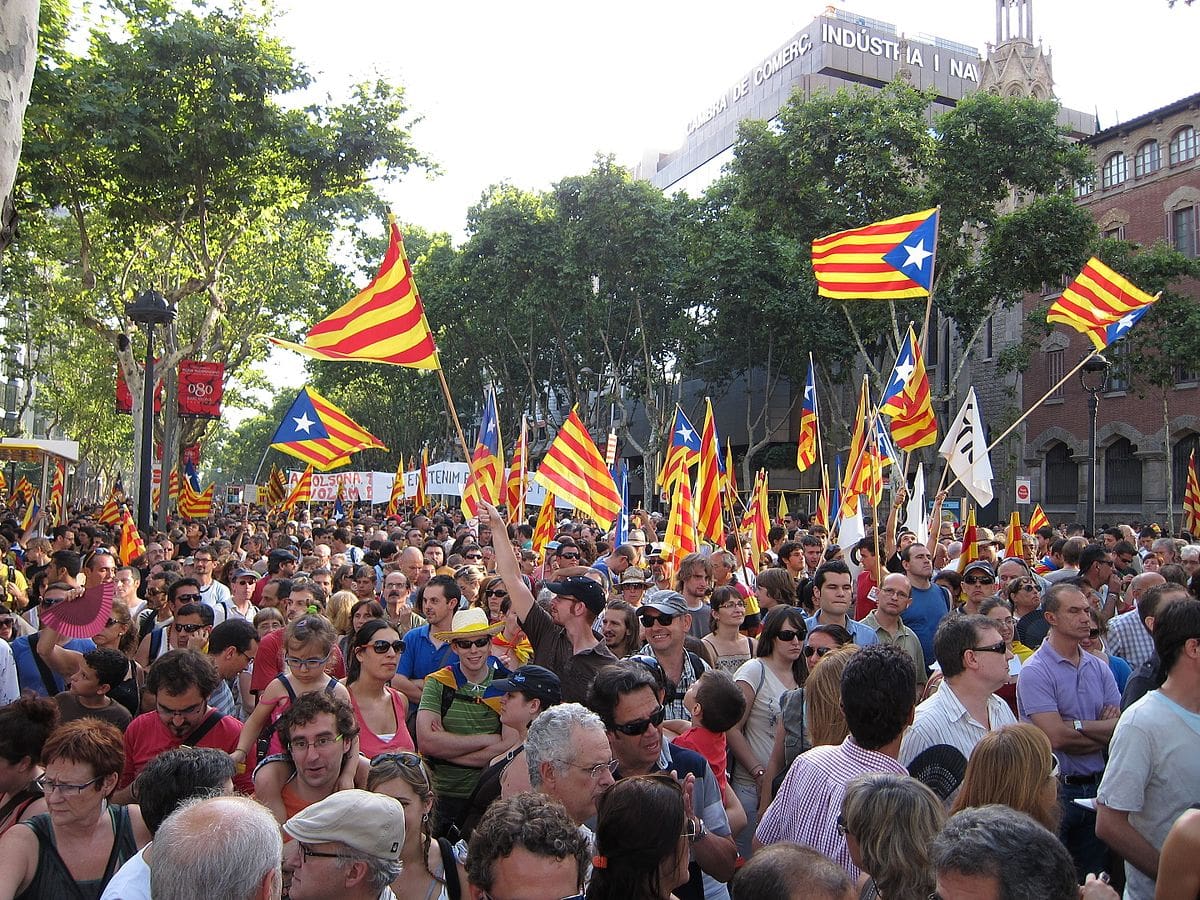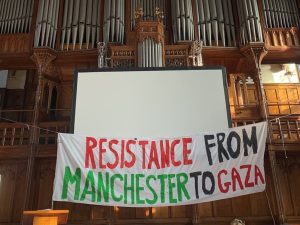On Tuesday 25 June, a politician and police officer became the first people to benefit from Spain’s amnesty law for Catalan independence supporters involved in the 2017 independence bid.
Catalan: the amnesty has begun
The amnesty law – approved last month – is expected to affect around 400 people facing trial or already convicted over their roles in Catalonia’s failed independence push, which triggered Spain’s worst political crisis in decades.
Alleged socialist prime minister Pedro Sanchez agreed to grant the amnesty in exchange for the key support of Catalan separatist parties in parliament to secure a new term in office following an inconclusive general election last July.
Pro-independence parties had threatened to withdraw their support for Sanchez’s minority government unless the amnesty was applied.
Catalonia’s High Court said it had decided to “declare the extinction of criminal responsibility” for former Catalan regional interior minister Miquel Buch, as well as to Lluis Escola, an officer in Catalonia’s regional police force, since the crimes they were convicted of “have been amnestied”.
Buch was sentenced last year to four and a half years in jail for embezzlement and misappropriation for hiring Escola in 2018 and paying him out of public coffers to act as a bodyguard for the former head of the regional Catalan government, Carles Puigdemont, while he was in exile in Belgium.
Escola was handed a four-year prison sentence for working as Puigdemont’s bodyguard.
Puigdemont awaiting return
Puigdemont fled Spain to avoid arrest shortly after his government led Catalonia’s failed independence push, which involved a referendum that was banned by the courts followed by a short-lived declaration of independence.
Spain’s conservative opposition has staged massive street protests against the amnesty law, which judges must decide to apply on a case-by-case basis.
Puigdemont had said he hopes to return to Spain but there is still a warrant for his arrest and a Spanish court continues to investigate him for the alleged crimes of embezzlement and disobedience related to the independence bid.
He also remains under investigation for alleged terrorism over protests in 2019 against the jailing of several referendum leaders that sometimes turned violent.
Additional reporting via Agence France-Presse
Featured image via Wikimedia




